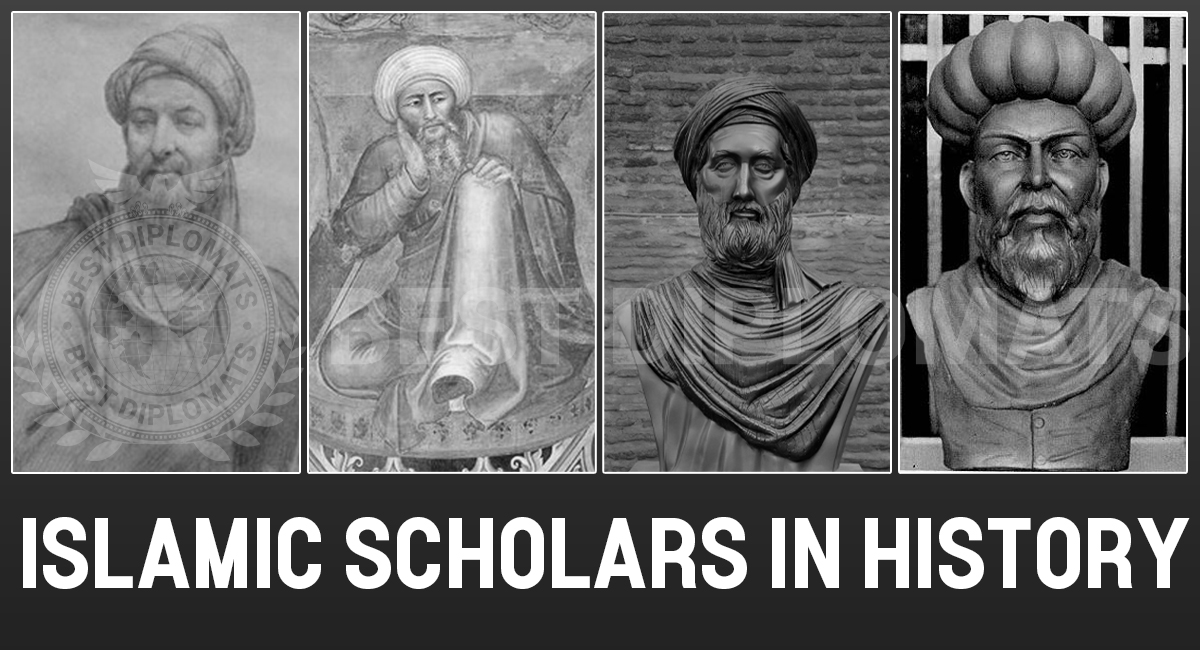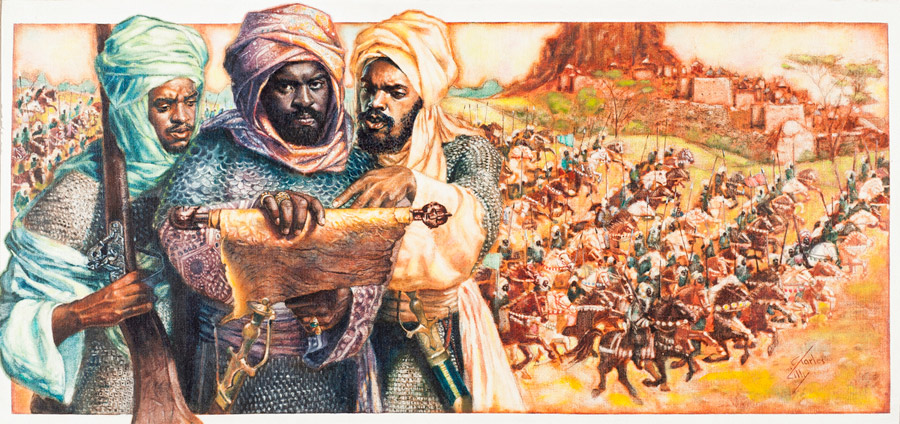The Golden Legacy of Islamic Scholars

Islamic scholars have stood as beacons of knowledge throughout human history, bridging ancient wisdom with modern breakthroughs. Their contributions influenced both Eastern and Western civilizations and laid groundbreaking foundations in every field, including mathematics, physics, chemistry, medicine, geography, and philosophy. In the words of Ibn ul-Haitham, “If learning the truth is the scientist’s goal… then he must make himself the enemy of all that he reads.”
Ibn Sina (Avicenna) (980–1037)
Ibn Sina was a Persian scholar of the Islamic Golden Age. An influence upon Europe’s scholasticism and especially upon Thomas Aquinas, Ibn Sina was born in Afshana near Bukhara in Central Asia. His most influential work was The Canon of Medicine, which was a part of the curriculum in Europe till the early modern period. He was considered a bridge between Greek philosophy and Renaissance thought. His ideas influenced both Islamic and Western traditions. His contributions to medicine, metaphysics, ethics, and psychology were crucial for Europe’s modern age.
Al-Farabi (872–950)
Al-Farabi, known as Alpharabius in Europe, was an Islamic philosopher who blended Aristotle’s philosophy with Islamic thought. His key contributions were to logic, political science (The Political Regime), and music theory. Al-Farabi influenced many future Islamic scholars like Avicenna and Averroes and played a key role in preserving Greek philosophy during the Middle Ages through his treatises and commentaries.
Ibn Rushd (Averroes) (1126–1198)
Ibn Rushd was an Andalusian philosopher, physician, and judge who emphasized reason and rationality. His commentaries on Aristotle shaped the medieval European philosophy. His working era spanned over four decades, including contributions to Islamic law (The Distinguished Jurist’s Primer) and medicine (Kitab al-Kulyat fi al-Tibb).
Ibn Khaldun (1332–1406)
Ibn Khaldun, born in Tunis, is the greatest historian in the Islamic world. A pioneer in sociology and historiography, Ibn Khaldun wrote one of the earliest non-religious philosophies in his book, Muqaddimah. In this book, he outlined how civilizations rise and fall. His works, especially Muqaddimah, were translated into many languages, including French, resulting in a worldwide audience for Ibn Khaldun. He also held many governance roles, linking historical events with societal structures.
Al-Ghazali (1058–1111)
Al-Ghazali is one of the greatest Islamic jurists, theologians, and mystical thinkers. Born in Nishapur in the northern part of Iran, Al-Ghazali is known for critiquing Greek-influenced philosophy (The Incoherence of the Philosophers). His main works include Deliverance from Error and contributions to theology, mysticism, and jurisprudence. According to Al-Ghazali, there was no other way except Sufism, to certain knowledge or the conviction of revelatory truth.
Ibn Taymiyyah (1263–1328)
A scholar from Damascus, Ibn Taymiyyah, focused on theology, Islamic law, and societal governance. Apart from his famous work, Al-Aqeedah al-Wasitiyyah, his two other works attracted a lot of attention and are still important when it comes to comparative religious studies. His political commentary, Al-Siy?sat al-shar?iyyah (“Treatise on Juridical Politics”), is translated in both French and English.
Al-Razi (865–925)
Al-Razi is considered to have been the greatest physician in Islamic history. He was a Persian scholar who excelled in medicine, chemistry, and philosophy and was a renowned alchemist. His key achievements include The Comprehensive Book which is on medicine and the discovery of sulfuric acid and ethanol. He was an advocate for observation and experimentation in science and the Islamic world. A number of his books were translated into Latin, Byzantine Greek, and various modern languages, including Treatise on the Small Pox and Measles.
 Muslim Scholars are pioneers in many scientific fields, as well as, experts in geography and history
Muslim Scholars are pioneers in many scientific fields, as well as, experts in geography and history Al-Biruni (973–1048)
Al-Biruni is considered one of the greatest mathematicians in history. He was born in Khwarazm and was a polymath, excelling in astronomy, mathematics, medicine, and geography. Al-Biruni wrote a comparative study of Indian culture and science, Kitab al-Hind, which was later translated into many languages. He studied hydrostatics and described the ratios between the densities of gold, mercury, lead, silver, bronze, copper, brass, iron, and tin. He made these calculations as combinations of integers and numbers of the form 1/N, N = 2, 3, 4, . . . , 10 N 1, n=2,3,4,...,10.
Ibn al-Haytham (965–1040)
Ibn al-Haytham is a renowned Muslim mathematician and physicist, known as the "Father of Modern Optics." Born in present-day Iraq, Ibn al-Haitham made important observations in the fields of vision, optics, and light in his work, Book of Optics. His discoveries led to significant strides in understanding how eye vision works and gave nomenclature to several parts of the eye including the lens, the retina, and the cornea. Ibn al-Haytham influenced the future European scientists and his scientific work was one of the key reasons behind the Renaissance.
Ibn Battuta (1304–1368)
Ibn Battuta was a famous 14th-century Muslim traveler and geographer from Morocco who started traveling at age 20. He traveled for around 29 years and covered about 75,000 miles, documenting his extensive travels in his book, Rihla. Ibn Battuta traveled from Africa to Asia and Europe, exploring different cultures and providing insights into diverse human nature. The works of Ibn Battuta are an important source for studying history and culture.
These scholars and their accomplishments represent the transformative power of knowledge and how important it is to preserve and share wisdom. They are a testament to the impact of intellectual curiosity and cultural exchange. Their contributions should be celebrated and cherished by exploring the rich history of innovation, connecting us all.




